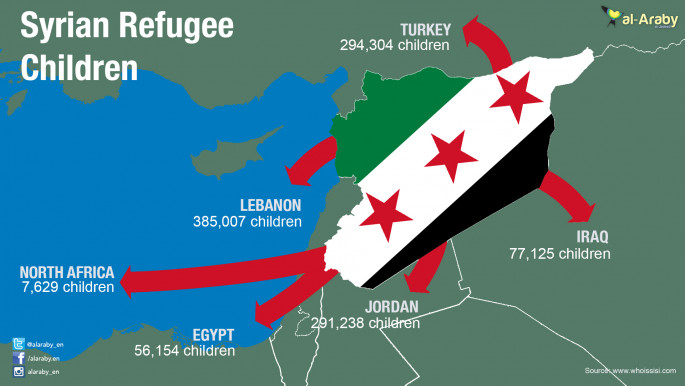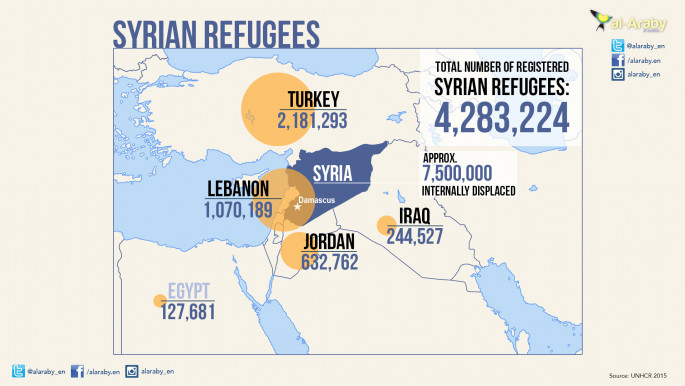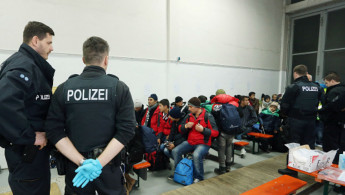Europe's leaders drift further to the right on immigration
Nationals from north Africa, meanwhile, are now unlikely to be granted asylum in Germany after Algeria, Morocco and Tunisia were added to Berlin's "safe list", announced Germany's economy minister, Sigmar Gabriel.
Gabriel further added that some refugees will be banned from having their families join them for at least two years.
The moves follow similar anti-migrant policies popping up in European capitals - including laws allowing the confiscation of valuables from refugees in Denmark.
The Netherlands
Proposals to force refugees onto ferries and return them to Turkey are close to becoming Dutch government policy, the Netherlands' Labour Party leader said on Thursday.
The leader of one of Holland's ruling coalition parties claims that conditions in Turkey have improved so much so that it is safe for refugees to return there.
Samsom cast the proposals as aimed at saving refugees from danger, and said the plan included giving hundreds of thousands of refugees legal permits from Turkey into Europe.
 |
|
| [click to enlarge] |
"You cannot convince Turkey to readmit these people if you don't relieve their refugee burden," he said.
By making the journey "pointless", lives would be saved, Samsom added.
"Every night now people drown because they get into a dinghy with too many people in rough weather and people drown - 24 last night, 26 the night before," he said.
Germany
Meanwhile, the German economy minister announced that Algeria, Morocco and Tunisia had been added to the list of "safe countries of origin".
Applications for asylum by people from these countries are therefore "unlikely" to be granted in Germany, Gabriel said.
Morocco immediately responded by accepting the proposals.
"Officials in both countries will immediately step up talks in order to prepare and study the cases of those [Moroccans] irregularly staying in [Germany] and repatriate them without delay to Morocco," a statement from the Moroccan royal palace said.
The German vice-chancellor further declared measures aimed at dissuading potential refugees from coming to the country.
Gabriel revealed that countries unwilling to accept returned asylum seekers may have German development aid funding halted, and that refugees may be blocked from bringing their families to the country for two years.
Germany accepted approximately 1.1 million asylum seekers in 2015 alone.
 |



